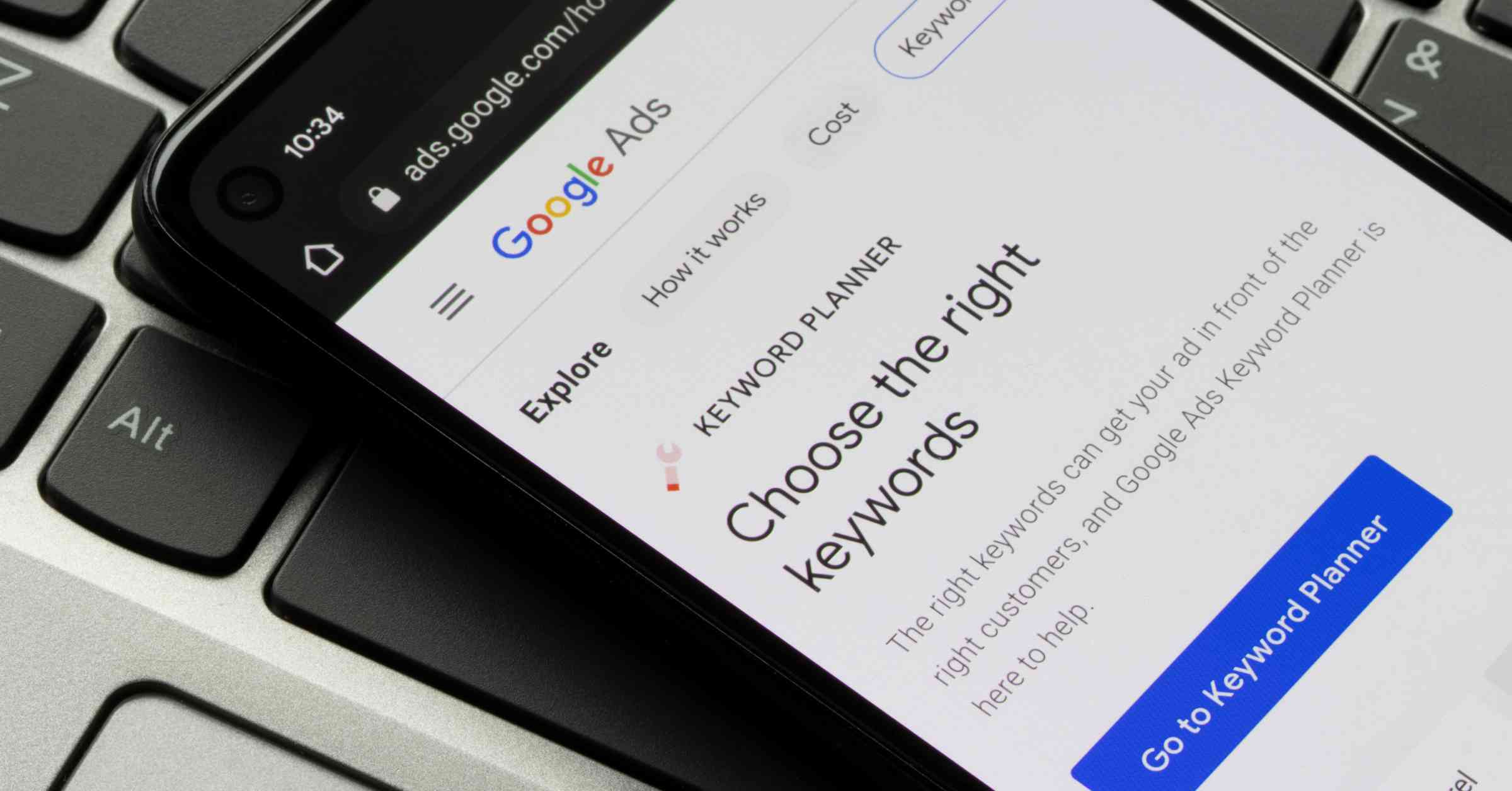If you combine an American’s innate lack of shame and a genetic predisposition to prospect all manner of hell can break loose if they happen to roll past a driveway where somebody is throwing something away.
The first time I was party to such behavior was while Steph and myself were residing with her father and cleared out the basement some sunny afternoon. Talk about flies round a cow pat. While he may have lived on a busy road, the number of people stopping and taking stuff was phenomenal.
I wouldn’t have been surprised to have seen a queue forming had we placed a sign outside informing people when the junk was coming out. Although we perhaps should’ve had a yard sale.
I’m particularly impressed by the way yard sale signs are place at the end of the road and often competing for position.
It’s not that we’re above this kind of thing over in the UK, rather we don’t actually have yards. We’re a bit cramped. However, in the good old days, we did have the jumble sale. Jumble sales were a collective yard sale often held by schools and other organizations for fund raising purposes.
Think of it as if those darned Democrats got hold of your yard sales and tried to socialize them.
Personally, I regarded them as paying 10p for somebody else’s hand-me-downs when you could have got a relation’s for free. At least you knew who washed your cousin’s jumpers. Still, I had no cousins and only a younger sister. Thankfully, my mother wouldn’t let me be seen dead in a ‘jumble jumper’.
Anyway, because these things were a community effort, the school kids often got involved – and jumble sales never happened after you went to high school. Not only were we taught the value of handling money and other related retail skills, we were also allowed to create our own signs to aid marketing.
Come to think of it, we ran the whole shebang, but it didn’t really matter as everything was roughly priced the same and everybody was there to buy something or other to help out the school. Sales were a surefire thing. Even our poxy, mispelt marketing signs with back-to-front capital letters and wonky crayon work didn’t matter. The sale was a certainty.
If memory serves me right, then this particular sign outside a clothes shop on the London Underground taken by Cory Doctorow of Boing Boing notoriety is along the same lines of what we churned out as six and seven-year-olds.
While this not be the best nor the most enticing bit of signage you’ve ever witnessed – truth is, it’s downright poor – it’s not the easiest of things to accomplish when you’ve got a size restriction on what you can write and design to grab a passer-by’s attention enough for them to want to visit your store.
The same can be said for a pay-per-click text ad. However, you could argue that the format is even more restrictive. You’ve got up to and including 25 characters to play with for your title and 70 characters for the description to be able to snag any surfing passer-by.
Examples of paid search advertisements.
Then again, the ad format, when placed in the context of search results, aren’t really a restricting factor at all. They simply become part of what the searcher is trained to see – smallish sized textual results that the searcher can discern the content of the site or Web page content from.
It’s simply a matter of matching the ad to the search query and hopefully the searcher’s intentions behind the query and then ensuring the landing page elaborates upon and matches the small textual teaser.
But, a PPC ad that says nothing but ‘Some Clothes*. $5, $10, $15, $20.’, whilst perfectly true if you’re a clothes store, really isn’t going to cut it.
Just like it wouldn’t cut it in the real world.
That’s why you’re going to get a better return using somebody who has a bit of a clue when it comes to organizing and setting up a campaign. The similarity between a badly written effort outside a store and a badly written and executed paid search campaign is that they don’t convert to potential browsers to your store – online or off – let alone sales.
In fact, a truly awful effort like the sign above could lead some some people to walk right past when they otherwise may have stopped. Neither of them would really cost you anything either seeming PPC costs you every time somebody clicks on your ad – no clicks = no cost.
But, you don’t waste your time writing signs or starting PPC campaigns to keep people out of your store do you? You want some kind of measurable return.
So, I’ll ask you this – how many more store visitors do you think the above sign would’ve dragged in had they employed the services of a professional sign writer that updated and tested the sign in various guises, kept a track of the people who came into the store and knew what they were looking for and directed them to that particular part of the store?
And what do you think would happen to the sales?


